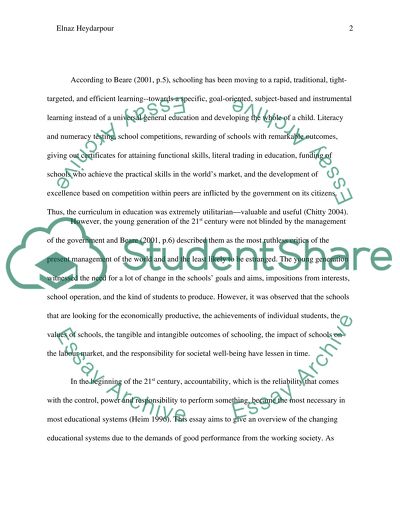Cite this document
(“Schooling and Society Essay Example | Topics and Well Written Essays - 2500 words”, n.d.)
Schooling and Society Essay Example | Topics and Well Written Essays - 2500 words. Retrieved from https://studentshare.org/education/1527459-schooling-and-society
Schooling and Society Essay Example | Topics and Well Written Essays - 2500 words. Retrieved from https://studentshare.org/education/1527459-schooling-and-society
(Schooling and Society Essay Example | Topics and Well Written Essays - 2500 Words)
Schooling and Society Essay Example | Topics and Well Written Essays - 2500 Words. https://studentshare.org/education/1527459-schooling-and-society.
Schooling and Society Essay Example | Topics and Well Written Essays - 2500 Words. https://studentshare.org/education/1527459-schooling-and-society.
“Schooling and Society Essay Example | Topics and Well Written Essays - 2500 Words”, n.d. https://studentshare.org/education/1527459-schooling-and-society.


